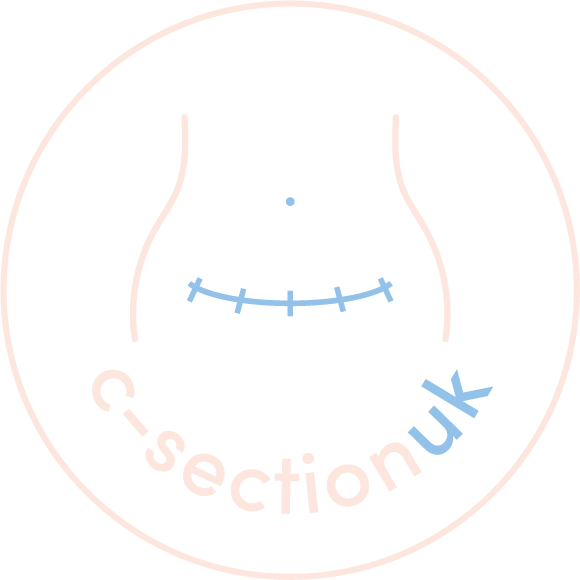Dealing with Emotional Trauma After a C-Section
Having a caesarean section can be a life-saving procedure, but it can also be an experience that leaves some new mothers grappling with complex emotions. While the focus often remains on physical recovery, addressing the emotional impact of a C-section is equally essential.
Let's explore what birth trauma is and how you can nurture your emotional well-being after a C-section.
What is birth trauma?
Birth trauma refers to the emotional and psychological distress that can follow childbirth. It can arise from feelings of loss of control, unexpected complications, or a birth experience that didn’t go as planned. For some mothers, these feelings linger long after the birth, affecting their mental health and sense of self.
Birth trauma isn’t just about what happens physically—it’s deeply connected to how you felt during your labour and delivery.
Why is birth trauma so common for C-section mums?
C-sections, while often necessary for the safety of both mother and baby, can sometimes evoke unexpected emotions. Many women feel a sense of loss if they had hoped for a vaginal birth, while others may struggle with feelings of inadequacy or frustration over the need for surgery.
The surgical aspect, combined with the longer recovery time, can feel overwhelming and even isolating. All of this can lead to emotional trauma that may be hard to talk about—but it’s important to acknowledge.
What feelings might you be experiencing?
Depression
After a C-section, postpartum depression can emerge just as it might after any type of birth. Feelings of sadness, disconnection, or hopelessness can creep in, making it difficult to bond with your baby or embrace the joys of motherhood. If you’re feeling this way, it’s important to remember that you’re not alone, and it’s okay to seek help.
Post-traumatic stress
For some mothers, a C-section can lead to post-traumatic stress, especially if the birth experience is frightening or overwhelming. Flashbacks, nightmares, or intense anxiety when thinking about the birth are common symptoms of PTSD.
If your thoughts about the birth are distressing or persistent, you may be dealing with birth-related trauma.
Dealing with the emotions and trauma
Emotional healing after a C-section takes time, patience, and support. Here are some strategies to help you navigate these complex feelings:
Seek Professional Support
Therapy can be a powerful tool for processing emotions after a difficult birth. Look for a mental health professional who specialises in postpartum issues or birth trauma. Therapy provides a safe space to talk through your feelings, find validation, and work on coping strategies to help you heal.
Connect with Support Groups
There’s strength in the community. Joining a support group with other mothers who’ve had similar experiences can be comforting and empowering.
Sharing your story can help you realise that you’re not alone and that others truly understand what you’re going through.
Talk to Your Healthcare Provider
Your obstetrician or midwife can be valuable sources of support, too. Don’t hesitate to contact them—they can provide reassurance, resources, and referrals to mental health services, ensuring you have the help you need as you recover.
Explore Online Resources
The internet offers many resources for postpartum mental health, from informative websites to online communities and forums. Engaging with these spaces can help you feel connected and supported, especially when in-person support is out of reach.
Prioritise Self-Care and Mindfulness
Healing is not just about getting better physically—it’s about nurturing your emotional and mental well-being. Mindfulness practices, such as meditation or gentle yoga, can help ground you in the present moment and bring a sense of calm.
Make time for self-care, whether it’s a relaxing bath, reading a book, or simply resting when you can. Give yourself the grace and space to feel everything without judgment.
Where can I get support?
Recovering from a C-section isn’t just about physical healing; it’s about tending to the emotional scars, too. Birth trauma is very real, and your feelings are valid.
Acknowledge what you're going through, reach out for support when needed, and give yourself time to heal inside and out. Remember, you’re not alone in this journey, and with the proper support, you can find your way to emotional recovery and embrace this new chapter of motherhood.
Taking care of your emotional health is as important as caring for your baby. You've been through so much and deserve the time and support to heal completely—mind, body, and soul.
Written by: Midwife Laura
